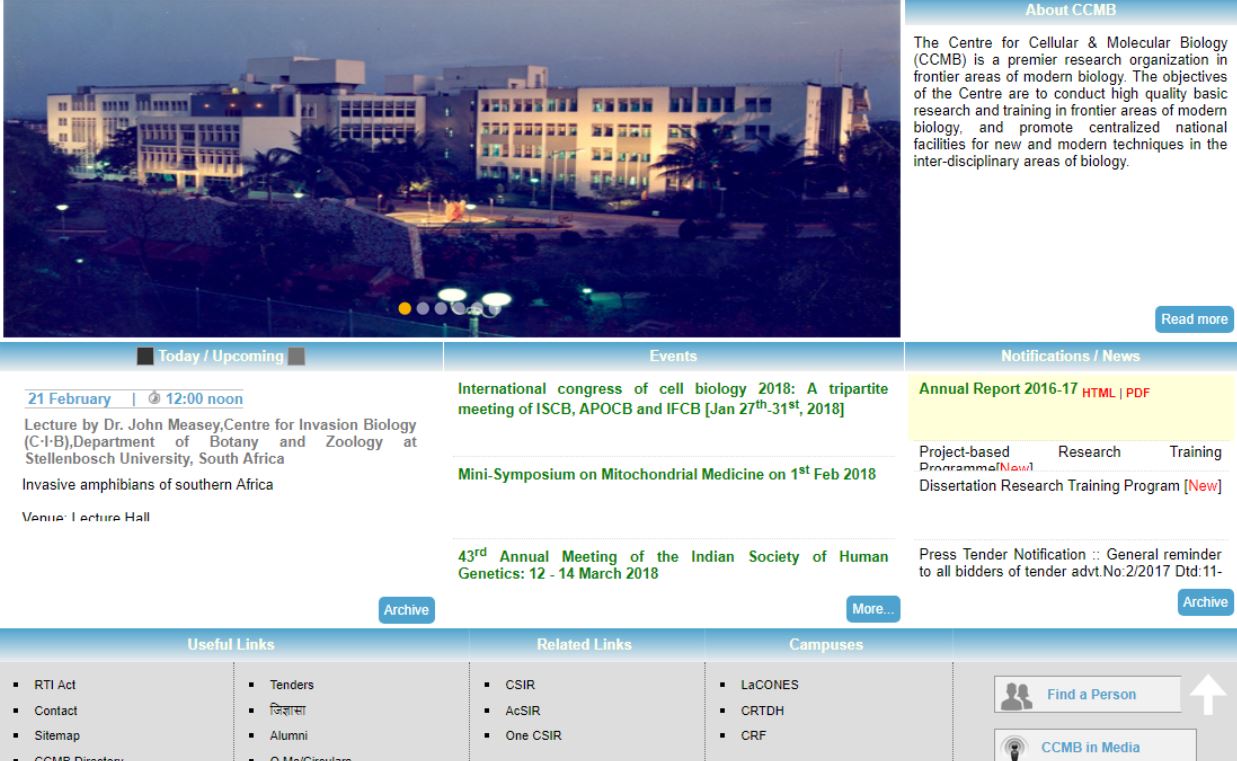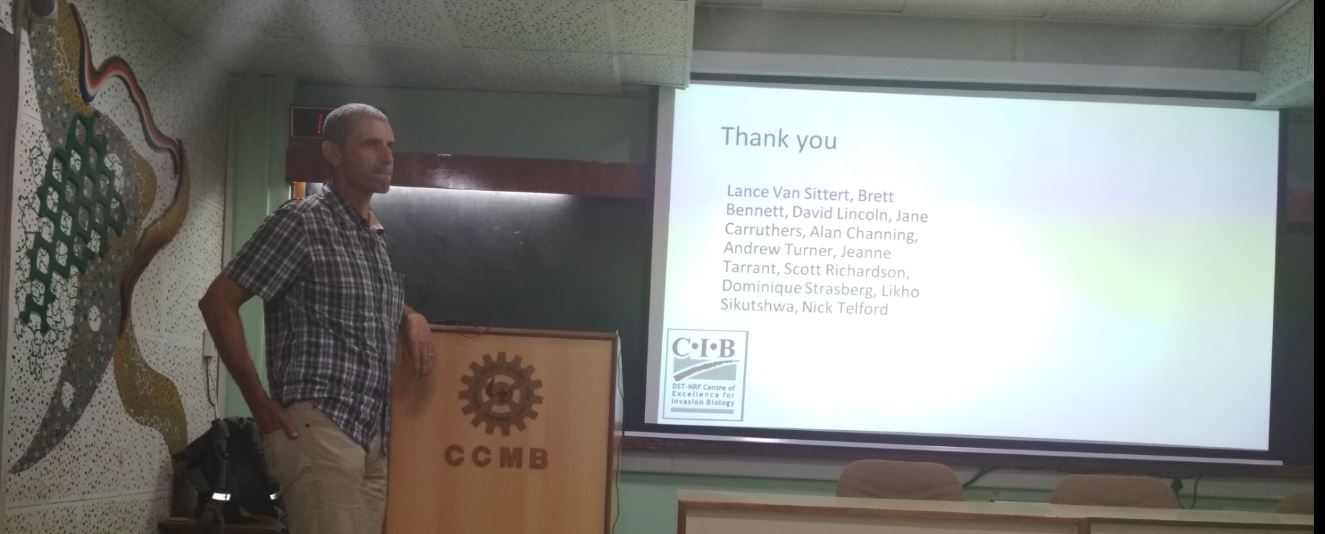Why critical reading is critical for your writing
It is hard to emphasise exactly how important your reading will be, when it comes to your writing. If you are sitting with a blank page in front of you and feel that you have nothing to draw on, then think again. All of the reading that you have done to get to this point has already helped you more than you think. As I’ve pointed out elsewhere (formula writing blog) your chapter or manuscript is likely to resemble the formula that many others already follow, and standing on the shoulders of those giants (citation blog) will help you again. But it’s possible that your reading isn’t helpful if you aren’t being sufficiently critical.
When you read, it’s worth making all sorts of comments about what you’re reading. Of course you should be trying to follow the story that the authors are trying to tell, but you should also be using it as an opportunity to learn tips and tricks of writing. Once you are actively writing, and I’d suggest that this should have been right from the very beginning of your studies, you should be actively thinking about how the authors are writing. Are they writing well? Are parts written poorly? Then the critical part is to cogitate, albeit briefly: what works, what doesn’t and why.
When I started reading papers, I made photocopies (1 sided was as sophisticated as it got) from volumes of books and made notes in pencil on back and front of those pages as I read. I understand that most of you will be working on pdfs which offer possibilities to add notes in text boxes that go alongside. I question whether the cognitive advantages that you get from writing by hand will be achieved by typing, and if I ever find out I’ll link to this blog. But I did learn many years back in my psychology classes at Liverpool University that making handwritten notes on what you read will help build them into your memory. Thus, if you make notes on style, you are likely to remember them in the same way that you remember the paper and its contents. An alternative to typing everything is to make notes in a notebook. That way you get the advantage of building your memory with your own writing, and you can easily find everything in the same place when you forget where you read the fascinating insight.
It’s important to emphasise that you should not copy and paste parts of someone’s paper that you like. It’s easy to do, but any copying could be your undoing if you later forget and paste your ‘notes’ into your manuscript. It’s so easy to plagiarise like this that the only way to really avoid it is by being very strict with yourself. Making notes by hand will force you to look away from the written text while you write, and you’ll be unlikely to inadvertently copy anything. The advantages of writing notes by hand then make it greatly advantageous to restricting yourself to your computer (tablet or cell!).
So how should you read critically in order to help with your writing? I’d suggest that this is as simple as highlighting or making a quick note each time you see something that you like, or dislike. I used to underline text in pencil, and then make an illegible comment in the margin. What was singled out? For example, instead of using a taxonomic list (I don’t like lists) and long citation string to describe lots of different studies that had previously made the same point, a co-author (in a recent review study) organised them all into the same categories we were presenting in a review. The result was that the reader was reminded of our categories at the same time as seeing how well others had already covered these same topics. Another example is the way in which one of my students imaginatively linked the subjects between their paragraphs (I do like links). Lastly, it may be a theme that the author manages to develop over several paragraphs or pages, but if you’ve spotted what it is that you like, write it down and commit it to memory. The very fact that you start to see things in other people’s writing that you like and admire means that you’ve managed to start reading critically. Keep this up, and it will help your writing no end as you open up your mind to critical reading.
You don’t have to restrict yourself in what you can learn while reading other people’s papers. Think about the stages in writing a paragraph (blog entry here). Look at the paragraphs you are reading and see if you can spot the subject and summary sentences. Maybe they are absent from the entire paper, or maybe they are present in every paragraph. Does it help enhance the readability of the paper? What about the times when authors break the rules? Can you see in your reading that the majority of authors follow rules? Do they follow the formula? What is the power in shaking it all up? If it works, try and analyse why it works. Then you will be reading critically.
What if I’m having problems recognising anything good or bad in what I read?
It’s going to be hard for me to teach you how to read and think at the same time. A little like walking and chewing gum, it comes with experience. And if you do fall over, stop chewing for a while and wait until you’ve got into your stride before having another go. Thinking is all part of the reading process, and while I agree that it might be hard to think on multiple levels while you read, it is possible. For example, consider what other worthy things you’ve thought about while reading this blog. If you’ve not stopped to check your phone, or think about eating or drinking something, well done. It might be worth creating an atmosphere with less other stimulants while you read. If you only have your reading material and notebook, you’ll be able to concentrate all of your thinking on them instead of getting distracted.
There is also a possibility that you are struggling to get insight with your reading because English isn’t your first language. The subtleties of some of the usage of English may be passing you by. Because of the large number of words, it is possible to write something in English in many different ways. The overall aim is to convey the largest amount of information possible in the smallest number of words, while enhancing the context, meaning and readability. It’s not easy, but the only way you’ll ever get good is by starting, and reading and writing as much as possible.
If you are still struggling, a really good way forward is to start a journal club with your colleagues. It is probable that you aren’t the only one who is having difficulties. There may already be a journal club in your institution which may (or may not) be a good place to go. What you do need is a safe space in which you aren’t afraid to say when you don’t understand. Think of it as a book club for scientific papers. After all, it may be that no-one understands and the paper is badly written. Alternatively, it can be that someone is able to help you quickly and easily. They can then give you extra insights into how and why they think the author is crafting their paper. This will then help you with your reading as well as your writing.






